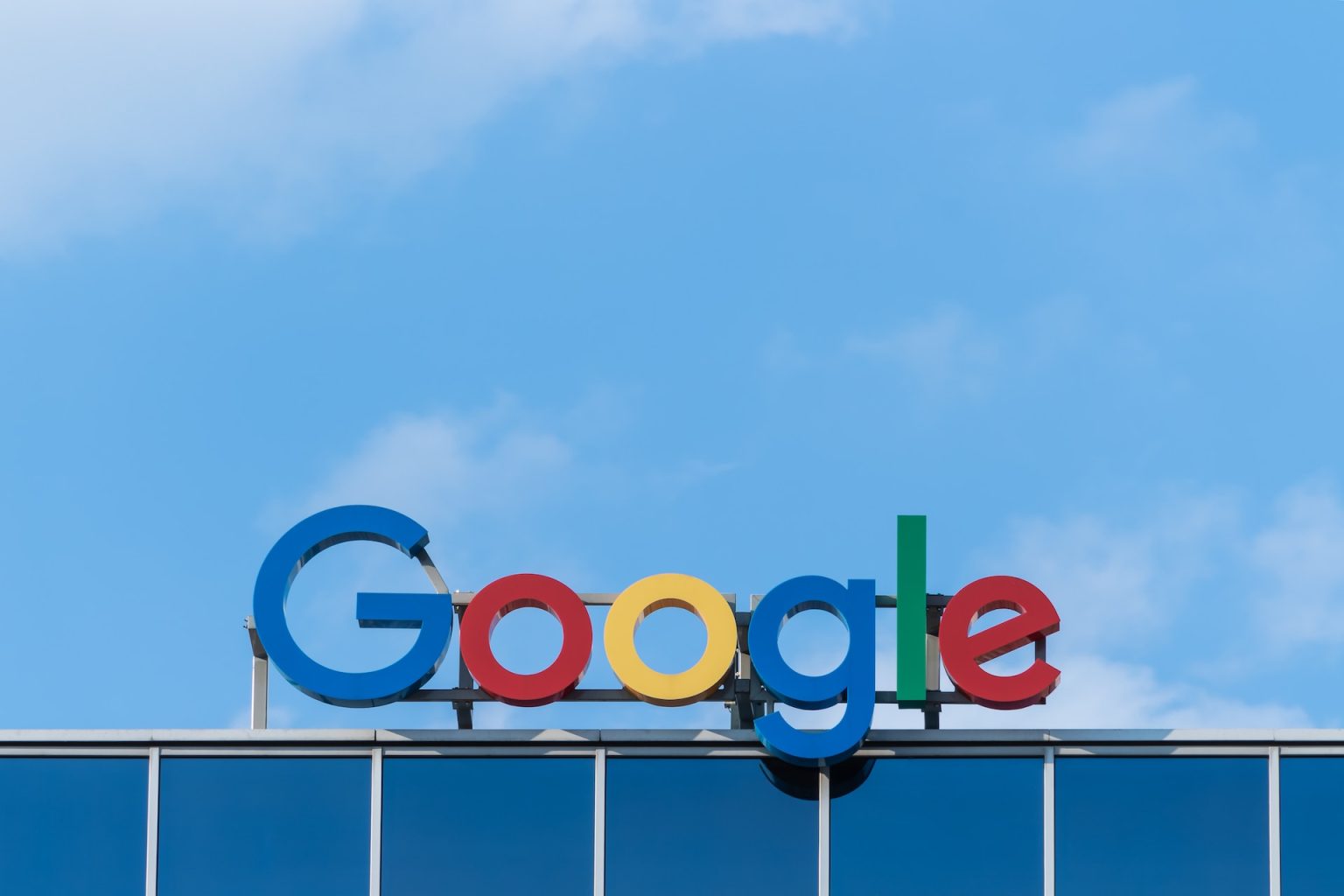In a major shift of strategy, Google has begun testing a new form of search experience called the Search Generative Experience (SGE). The SGE, currently in limited beta testing, features AI-written mini-articles in response to user queries, seemingly transforming Google from a search engine that provides links to the best content into a publication that offers its own content. This significant change has been met with skepticism due to concerns about the quality and reliability of AI-generated content.
Google has been a search engine that prioritizes accuracy and speed, delivering a list of links to content that best matches user queries. However, in this new approach, Google’s AI generates its own content in response to search queries. This content is then presented at the top of the search results page, followed by sponsored and organic posts.
when a user searches for information about buying a CPU, the AI not only provides an answer to the query but also suggests particular CPUs along with marketplace ratings. However, concerns have been raised about the quality of these suggestions, which have been seen to include outdated products. When the AI recommended CPUs, the top choice was a Ryzen 7 5800X3D, which hasn’t been the top processor for a year, and there was a link to a Core i5-10400, which is three generations old.
some have compared this new approach to Amazon’s strategy with its ‘Amazon Basics’ product line. Just as Amazon replicates successful products and sells them under its own brand, Google seems to be moving towards a model where it generates its own content in response to search queries, rather than simply directing users to existing content on the internet.
Google’s new model appears to be a significant departure from its previous focus on E-A-T (Expertise, Authority, Trust) as the main criteria for content ranking. The E-A-T principle favored content from experienced authors with subject matter expertise while deprioritizing advice from content farms without a proven track record. This shift seems to be an attempt by Google to generate additional revenue from its search engine service.
Despite concerns about the quality and reliability of the AI-generated content, Jerry Dischler, vice president and general manager of ads, has expressed optimism about the new approach, stating in an interview that it will lead to new commercial opportunities and deliver a delightful user experience.
It’s worth noting that Google has previously explored the area of classified ads. Back in 2005, there were reports about Google launching classifieds via partners to provide more complete local coverage in Google results. The current development seems to be an extension of this strategy, combining AI-generated content with classified ad-like functionality.

